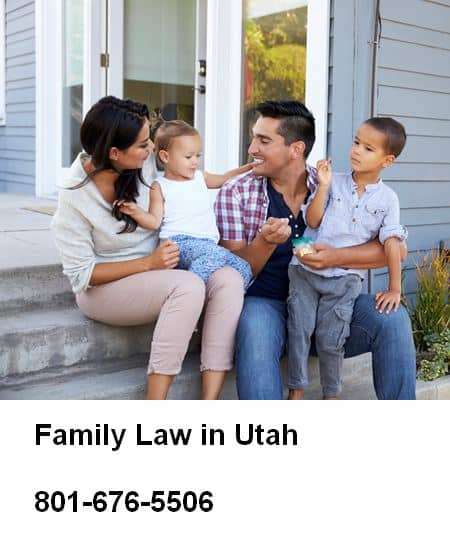A common myth is that if you live with someone for seven years, then you automatically create a common law marriage. This is actually not true in any state. Common law marriage occurs when a couple lives together for a certain number of years (one year in most states), holds themselves out as husband and wife, and intends to be married. Once a common law marriage is formed, that couple is treated legally the same way that traditional married couples are treated. This means that if the couple intends to no longer be married, they must file for divorce.
Only a certain number of states recognize common law marriage. However, if you and your spouse have a common law marriage in a state that recognizes common law marriages and you move to a state that does not recognize common law marriages, you are still legally married in that new state.
Which states recognize common law marriages?
- Alabama (if created before January 1, 2017)
- Colorado
- District of Columbia
- Georgia (if created before January 1, 1997)
- Idaho (if created before January 1, 1996)
- Iowa
- Kansas
- Montana
- New Hampshire (for inheritance purposes only)
- Ohio (if created before October 10, 1991)
- Oklahoma
- Pennsylvania (if created before January 1, 2005)
- Rhode Island
- South Carolina
- Texas
Be sure to check the family laws in your state.
Do I Change My Last Name?
No, not automatically. Anyone can change their name, however, as long as the name change is for a legitimate, non-fraudulent purpose. If you’d like to change your name, simply begin using your new name consistently and change it for all of your accounts, memberships, and identification documents. Most private entities respect name changes via mere usage. With the threat of identity theft and fraud, however, fewer and fewer companies are willing to change your name without legal documentation of your name change.
When married through traditional marriage, you are given marriage records that suffice as proof of your new name. People married via common law marriages, however, do not have marriage records. In this case, you will need a court order documenting your name change. This documentation is helpful for proving to private entities, like banks, that you legally changed your name, but it is required by government entities to change things like your state issued I.D., passport, and social security card.
What’s going on in Utah?
Well, in Utah, you can have a “marriage like relationship” but it’s not the same thing as a common law marriage. Depending on your specific circumstances, you may be able to get the court to recognize your relationship as a “marriage like relationship” which they turns your relationship into a marriage.
One of the things you need to show is that you’ve both been holdings yourselves out as married. Do you do that? Are you joint on all of your accounts, think of water, sewer, gas, electric, bank accounts, credit union accounts, loans for your cars, loans for your house, etc. For more information about how to do this, please call and speak with a lawyer at Ascent Law to discuss your options and to see if your situation would meet the criteria.
Can I get a common law divorce?
Technically, there is no such thing as a common law divorce. If you are in a legally-recognized common law marriage and you wish to end the relationship, you must obtain a regular divorce just like any other ceremonially married couple. Many spouses hire divorce attorneys, since you will need to have the court decide on things like child support and custody, spousal support, and property division. Can you get a
divorce in Utah if your relationship is a “marriage like” relationship – yes. Yes you can.
If you were married by common law marriage and move to a state that does not recognize common law marriages, you will still have to obtain a legal divorce in that state, just as if you were ceremonially married. This is because of the fact that all states recognize opposite-sex marriages from other states, including common law marriages. When you move to another state, you are still married, and must obtain a legal divorce if you choose to end the marriage.
Common Law Divorce Lawyer Free Consultation
If you have a questions about divorce in a common law marriage in Utah call Ascent Law at (801) 676-5506. We will help you.
8833 S. Redwood Road, Suite C
West Jordan, Utah
84088 United States
Telephone: (801) 676-5506
Recent Posts
Can You Be Sued After Your Business Closes?
Avoiding Accidents With Tractor Trailers
Source: https://www.ascentlawfirm.com/utah-common-law-marriage/


Комментариев нет:
Отправить комментарий